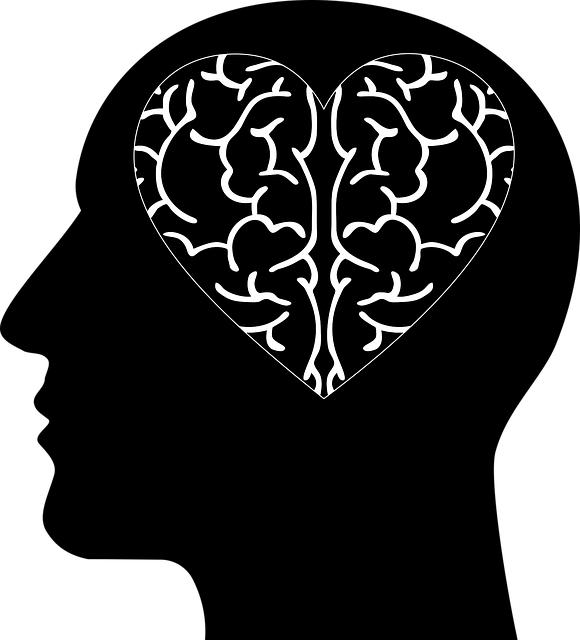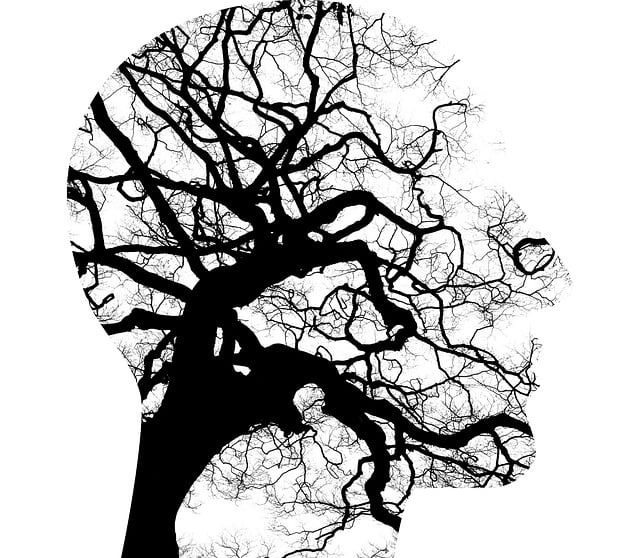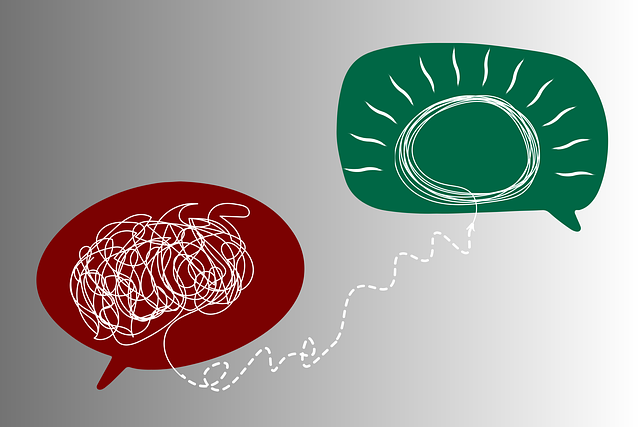For young adults struggling with phobias, Therapy for Young Adults with Phobias using the Resourceful Resilience Model (RFM) offers a structured framework. RFM combines resilience, flexibility, and mastery to empower individuals through CBT, self-awareness exercises, and mindfulness. This holistic approach, tailored to their developmental stage, enhances emotional intelligence, builds positive thinking, and fosters empathy, enabling young adults to overcome fears, maintain mental wellness, and lead fulfilling lives despite challenges.
Resilience is a powerful tool for young adults navigating life’s challenges, especially those grappling with specific phobias. This article delves into the RFM (Resilience, Flexibility, and Mastery) framework, offering a structured approach to building resilience through exercises tailored for therapy. We explore effective strategies for identifying and overcoming phobias in young adults, providing a step-by-step guide to implementing RFM therapy. Real-world success stories highlight the profound impact of this method on youth well-being, making it an essential resource for mental health professionals and parents alike.
- Understanding RFM: A Framework for Resilience Building
- Identifying and Overcoming Specific Phobias in Young Adults
- Designing Effective Exercises for Resilience Training
- Implementing RFM Therapy: A Step-by-Step Guide
- Real-World Success Stories: The Impact of RFM on Youth
Understanding RFM: A Framework for Resilience Building

Resilience is a crucial aspect of mental wellness, especially for young adults navigating life’s challenges and phobias. The RFM framework offers a structured approach to building this vital skill. RFM stands for Resilience, Flexibility, and Mastery, each component representing a distinct yet interconnected aspect of psychological fortitude. This model is particularly relevant in the context of therapy for young adults with phobias, as it equips them with tools to confront and overcome fears effectively.
Resilience, as defined by mental wellness coaching programs, is the ability to bounce back from adversity and maintain a sense of purpose. Flexibility involves adapting to change and adjusting one’s mindset in response to evolving circumstances. Mastery, on the other hand, refers to developing skills and knowledge to take control of one’s life and outcomes. By integrating these concepts, RFM provides a holistic strategy for self-care routine development, enabling individuals to foster mental health resilience and navigate their fears head-on.
Identifying and Overcoming Specific Phobias in Young Adults

Many young adults struggle with specific phobias that significantly impact their daily lives and overall well-being. Identifying and overcoming these fears is a crucial step in fostering resilience, especially when utilizing effective therapy techniques. One such approach is cognitive-behavioral therapy (CBT), which has proven to be highly successful in treating various phobias. CBT helps individuals challenge and change unhelpful thought patterns and behaviors associated with their fears.
Through self-awareness exercises and targeted interventions, young adults can learn to manage and reduce anxiety related to specific phobias. Incorporating stress reduction methods, such as mindfulness and relaxation techniques, alongside therapy sessions, enhances the process. By combining these strategies, individuals gain valuable emotional intelligence, enabling them to navigate challenging situations with greater ease and resilience.
Designing Effective Exercises for Resilience Training

Designing Effective Exercises for Resilience Training plays a pivotal role in enhancing the effectiveness of Therapy for Young Adults with Phobias. These exercises should be meticulously crafted to cater to the unique needs and developmental stage of young adults, focusing on fostering positive thinking and emotional intelligence. The goal is to equip them with robust coping mechanisms that can navigate life’s challenges and setbacks.
When developing resilience-building activities, incorporating practical communication strategies becomes essential. Interactive group discussions, role-playing scenarios, and mindfulness practices can help individuals express their emotions healthily, build understanding among peers, and develop empathy. By engaging in these exercises, young adults learn to transform their reactions from fear to resilience, thereby strengthening their ability to overcome phobias and instill a sense of control over their emotional well-being.
Implementing RFM Therapy: A Step-by-Step Guide

Implementing RFM (Resourceful Resilience Model) Therapy for Young Adults with Phobias involves a structured approach designed to foster mental wellness. This step-by-step guide begins with assessing the individual’s fears and resources, helping therapists understand the specific triggers and coping mechanisms. Through mental wellness journaling exercises and guided resilience building activities, clients learn to challenge their fears and develop effective strategies for managing anxiety.
The process continues with exposure therapy, gradually exposing individuals to feared situations in a safe, controlled environment. This is accompanied by cognitive reframing, where negative thoughts are challenged and replaced with more realistic, positive ones. Regular mental wellness podcast series production can further reinforce learning, while providing additional resources for continuous mental wellness guidance outside of sessions.
Real-World Success Stories: The Impact of RFM on Youth

In recent years, Real-World Functioning (RFM) approaches like therapy for young adults with phobias have gained significant traction, leading to inspiring real-world success stories. These innovative methods go beyond traditional therapy models by integrating practical life skills training and resilience building exercises tailored to address the unique challenges faced by youth. By focusing on mental illness stigma reduction efforts, anxiety relief, and trauma support services, RFM has demonstrated remarkable effectiveness in empowering young individuals to lead fulfilling lives despite their struggles.
Many success stories highlight how RFM interventions have transformed the lives of young adults with various phobias, enabling them to confront their fears and regain control. These programs often incorporate exposure therapy techniques, group discussions, and skill-building workshops that foster a supportive environment conducive to healing. As a result, participants experience improved mental well-being, enhanced self-confidence, and better coping mechanisms to navigate the complexities of life. This shift not only benefits the individuals but also contributes to wider trauma support services and mental health initiatives, ultimately reducing the societal impact of phobias and related mental illnesses.
The implementation of RFM (Resilience, Flexibility, and Mastery) exercises as a therapy for young adults with phobias offers a promising approach to building resilience. By combining cognitive and behavioral strategies, RFM provides a comprehensive framework to address specific fears and promote personal growth. Through step-by-step guides and real-world success stories, it is evident that this method enhances individuals’ ability to confront and manage their phobias effectively. With its focus on practical exercises, RFM therapy empowers young adults to lead more fulfilling lives by fostering resilience and overcoming limitations imposed by phobias.










